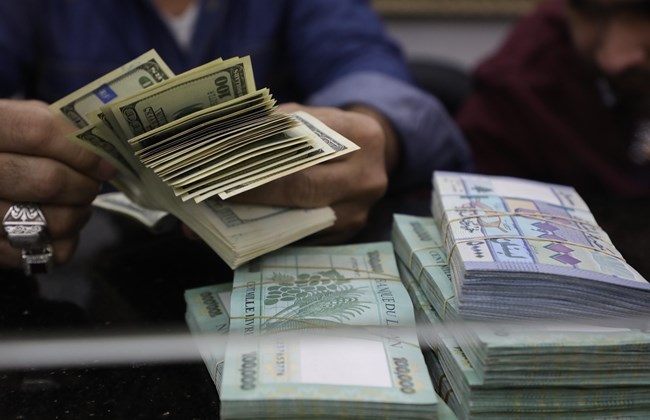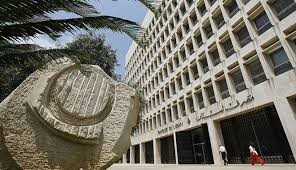
Lebanon’s Cash Economy: Some Thoughts and Figures
| Monetary Aggregate1 | Jan. 2018 (Trillion LBP) | Jan. 2024 (Trillion LBP) | Jan. 2025 (Trillion LBP) | Δ = Jan.2025 -Jan.2024 (Trillion LBP) |
| CC | 5.39 | 57.08 | 84.93 | 27.85 |
| DD LBP | 4.90 | 28.66 | 36.65 | 7.99 |
| M1 | 10.29 | 85.74 | 121.58 | 35.84 |
| SD LBP | 69.47 | 15.04 | 34.89 | 19.85 |
| M2 | 79.76 | 100.78 | 156.47 | 55.69 |
| D USD | 129.03 | 6,299.53 | 6,057.51 | -242.02 |
| M3 | 208.79 | 6,400.31 | 6,213.98 | -186.33 |
| GDP | 82.76 | 1,723.31 | 2,324.46 | 601.15 |
| V=GDP/M3 | 0.39 | 0.27 | 0.37 |
Source: BDL; WB
CC = Currency in Circulation; DD LBP = Demand Deposits in LBP;
SD = Savings Deposits in LBP; D USD = Deposits in USD;
M1 = CC + DD LBP; M2 = M1 + SD LBP; M3 = M2 + D USD;
V = Velocity of money.
Note that monetary aggregates are for residents only
It is customary these days — and it is largely true as we will show below — to describe the Lebanese economy as being mostly (but not entirely) cash based. But what does that mean in proper economic terms? And how can it be measured? As important, what are some of its important economic implications? We intend to answer these questions in this brief note.
For the full report click on the below link:

